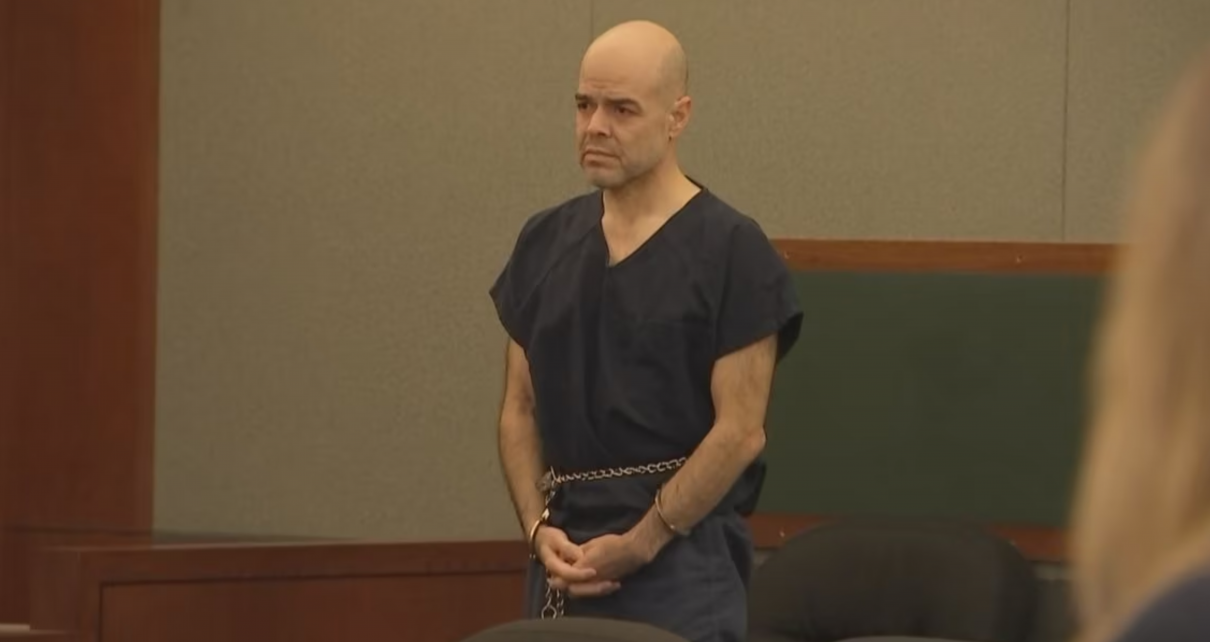
Slain Reporter Sources Issue for High Court to Decide
By TheNevadaGlobeStaff, January 26, 2023 11:36 am
RENO, Nev. (775 Times, NV Globe) – The state Supreme Court will decide whether a thorough review of the reporter’s electronic devices by homicide detectives would improperly expose confidential notes and sources, according to a Nevada judge who decided Wednesday not to punish Las Vegas police for taking an initial look at a slain investigative journalist’s cellphone after he was killed in September.
“I’m inclined to deny the motion for sanctions because it would affect the criminal case adversely,” Clark County District Court Judge Michelle Leavitt stated.
The judge also denied the Las Vegas Evaluate-request Journal’s to appoint a third-party special master to review the material and to require the Las Vegas Metropolitan Police Department to pay hundreds of thousands of dollars in attorney fees and court costs incurred while defending the case.
Leavitt stated that she believed court orders not to disclose confidential material could be enough to prevent public disclosure of protected material in the murder case against Robert “Rob” Telles, a former Democratic elected county official accused of stabbing Review-Journal reporter Jeff German to death outside German’s home on September 2.
Telles, who had been the subject of German’s investigative news reporting, was fired as Clark County public administrator after his arrest and remains imprisoned without bond. He has been charged with murder, and his jury trial is set to begin in April.
On Wednesday, Leavitt did not change the trial date, but acknowledged that the police investigation into German’s death is “at a screeching halt” and will not be completed until the state high court rules on whether names and unpublished material on German’s devices are protected from disclosure under the First Amendment and Nevada state law.
Damian Sheets, Telles’ new attorney in the murder case, attended the court but did not comment.
The judge agreed police department attorney Matthew Christian’s statement that the initial search was required “immediately upon the discovery of the corpse.”
The court, prosecutors, and attorneys for the department, newspaper, and Telles all admitted that there is scant legal precedence on how to maintain guarantees of anonymity or secrecy made to anyone who could be in the files of a dead reporter.
Attorney Ashley Kissinger, representing the Review-Journal, characterized the so-called reporter’s privilege to shield sources as “critical to a well-functioning democracy.”
“It’s a crucial aspect of what makes the press free and independent in the United States,” Kissinger told the judge, “and sets us apart from the rest of the world in the area of freedom of expression.”
In October, the Review-Journal got a court order barring police from accessing the devices. The police department filed an appeal.
Later, the judge stated that she felt a court order prohibiting public revelation of material obtained from German’s devices would allow police and prosecutors to complete their investigation without violating confidentiality guarantees made by the deceased reporter and requested by the newspaper.
Leavitt said she was “inclined to” lift the preliminary injunction imposed in October and to endorse a protective order “to protect the rights of the parties.”
“So you all can file this back with the Supreme Court,” she said.
Christian informed Leavitt that, while murder police accessed German’s smartphone immediately after his death, they did not do a complete forensic search. He stated that the phone and five other computer devices seized from German’s residence with a warrant are still in police possession.
“We’re not going to proceed until we have some kind of court approval,” Christian said.
German, 69, worked as an investigative reporter in Las Vegas for more than 40 years, covering courts, politics, labor, government, and organized crime. After more than two decades with the rival Las Vegas Sun, he joined the Review-Journal in 2010.
Prosecutors claim the physical evidence against Telles is strong, including DNA from Telles found beneath German’s fingernails, footage of a man thought to be Telles wandering near German’s home around the time of the crime, and a car believed to be Telles’ in the vicinity.
According to grand jury transcripts, prosecutors provided images and recordings of a guy carrying a gray duffel bag walking into German’s side yard before German gets there, as well as what a police investigator characterized as “a commotion” in the yard.
Credits: KOLO TV
Copyright 2023 775 Times, NV Globe. All rights reserved.




